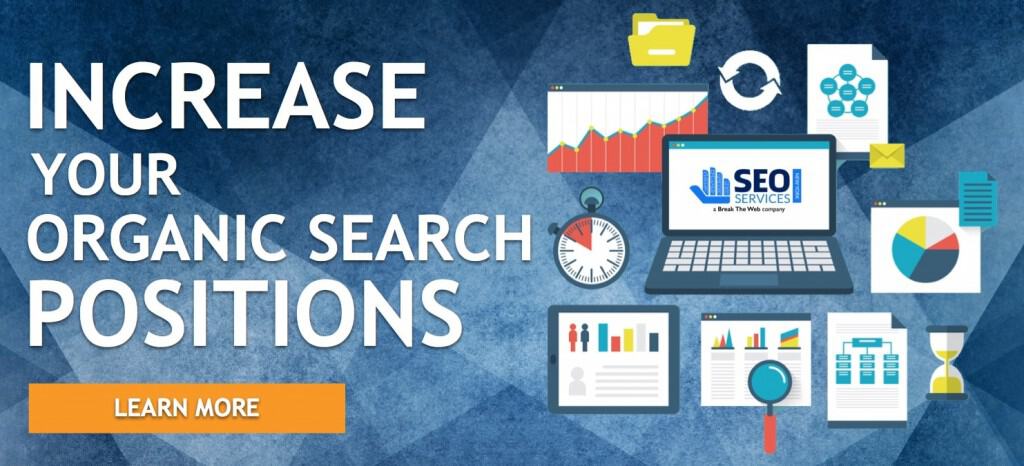You know that the first thing that customers see when they are on your web domain is the design and layout of your website. However, that doesn’t mean that you’re allowed to let your content take the backseat. Your online presence is an important vehicle to convey your company’s stance. No matter how much subtle talking you do through your design, your content is what ultimately cements whatever message you are trying to communicate. Whether it be professional, reliable, fun, quirky, what have you, having engaging content that allows you to connect with your audience on an individual basis is of the utmost importance. Why?
It Tells a Story – When someone clicks on your website, they usually have a purpose in mind. Whether it’s to learn more about your product or a brand, you need to be able to have compelling content in order to capture their attention and make sure that it stays on you, not a competing brand. Story-telling is a way to make a personal connection between you and your customer, which draws them in. Even better if it creates a pathos, or an appeal to emotion. Stories are more than just the barebones facts. People enjoy detail. People enjoy stories that “show, not tell”. People enjoy stories that entertain, and people enjoy stories that make them cry. If you have an opportunity to tell a story through your content, do it. Because it is only when you have captured the reader’s attention, that their product and their brand will really stick in their heads.
Increases Traffic – Through the proliferation of SEO, it is easier for smaller businesses’ to get  their names “heard”, or “read”, in this case. Search engines also take into consideration “frequency”, which is how often a website is updated. The more frequently new material is added, the more points a website gets and therefore, the higher up on the search engine results it will get. Your website is your best marketing tool. Just like mainstream marketing, if you can turn potential clients into long-term clients, you will be able to establish valuable rapport and a connection with them. The more of these connections you can make, the more traffic your web page gets, which is great for both revenue, and for those clients to spread the word of your company by way of mouth or affiliate links.
their names “heard”, or “read”, in this case. Search engines also take into consideration “frequency”, which is how often a website is updated. The more frequently new material is added, the more points a website gets and therefore, the higher up on the search engine results it will get. Your website is your best marketing tool. Just like mainstream marketing, if you can turn potential clients into long-term clients, you will be able to establish valuable rapport and a connection with them. The more of these connections you can make, the more traffic your web page gets, which is great for both revenue, and for those clients to spread the word of your company by way of mouth or affiliate links.
Establish Yourself As an Expert – Create content that is relevant to your field of interest. For instance, you are a fashion blogger. However, your content isn’t limited to just pretty outfit pictures. It delves into the history of several fashion trends, or you post articles profiling the most up and coming people in the industry. When you keep producing content like this, you are sharing your knowledge of the field with your audience. This sort of content establishes that you know what you are talking about, which is an opportunity for other, less experienced companies to look to you for more information. Customers will see you are the “go-to” source for knowledge, grounding your importance in the industry.
Information, not Advertisements – Chances are, your audience has already sat through multiple re-runs of Youtube advertisements on their favorite vlogger’s video. Or they’ve already scrolled past several ad banners on the sidelines of their frequented websites. Society is already inundated with so much advertisement that they’re probably not looking at your page because of the catchy ad-banners. Consumers don’t want any more advertisements. People want information, and they want the ability to learn for themselves, rather than have an ad convince them that a particular product needs to be learned about. The best content can achieve what advertising is supposed to accomplish.

